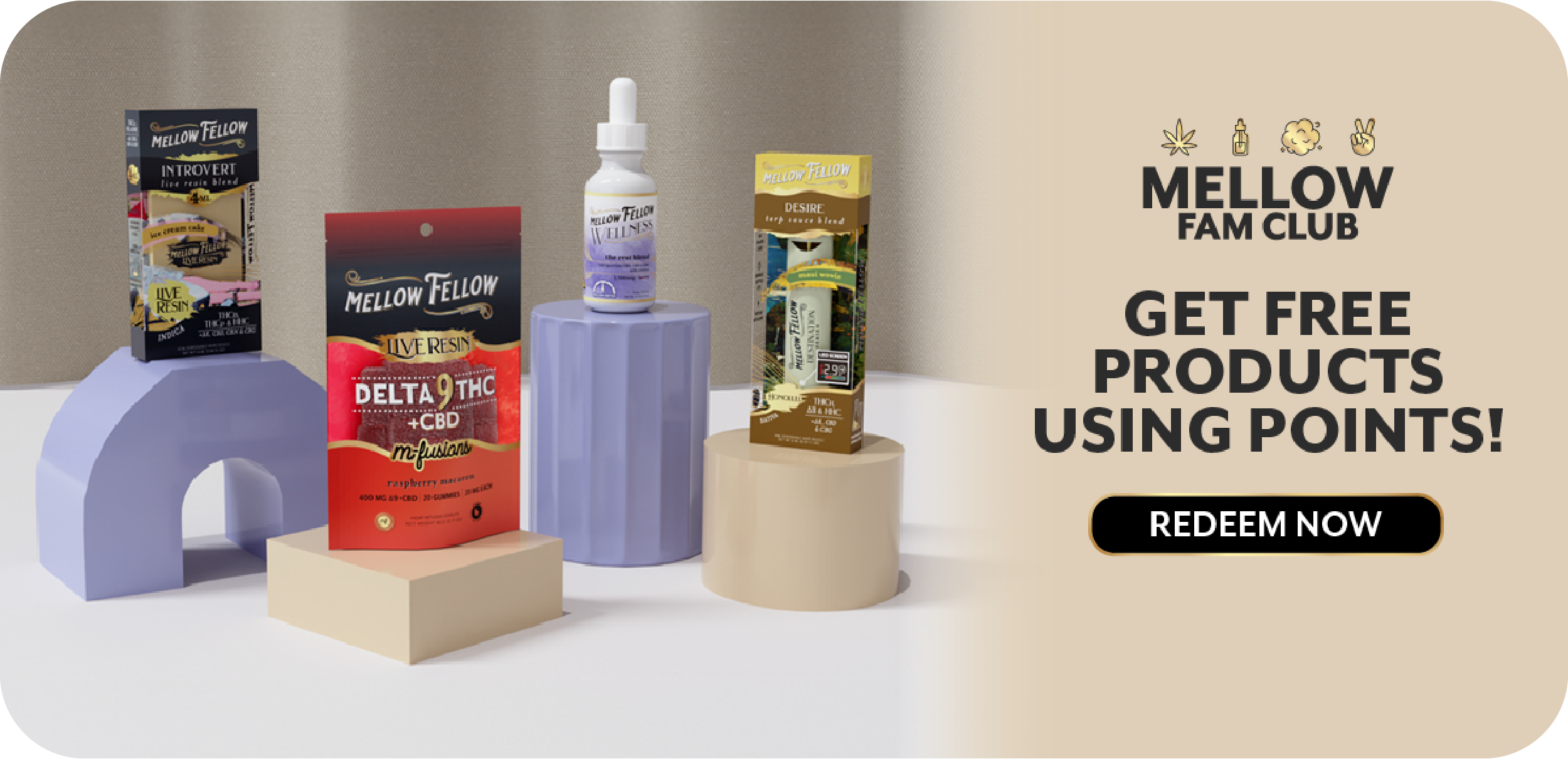0.5ml THCp Vape Cartridges
6 products
6 products
Shop a diverse range of potent THCp Vape Cartridges for sale, each crafted to deliver a unique and enriching experience. From Miami Haze’s uplifting embrace to Darkstar’s relaxing cosmic depths, each THCp cart contains premium hemp distillate full of flavorful and powerful effects. Infused with THCp, CBD, CBG, and CBN, for a holistic vaping experience that satisfies with every puff. ⚠️ Be advised: THCp is an ultra-potent cannabinoid with long-lasting effects.
read more⚠️*Be advised: THCp is an ultra-potent cannabinoid with long-lasting effects.*
THCP, or tetrahydrocannabiphorol, is a relatively newly discovered cannabinoid found in cannabis and hemp plants. It is structurally similar to THC (delta-9-tetrahydrocannabinol), the main psychoactive compound in cannabis, but with an elongated alkyl side chain.
Yes. THCp does induce euphoric effects. It has the potential to produce psychoactive effects similar to THC (delta-9-tetrahydrocannabinol), the primary psychoactive compound in cannabis. Like most cannabinoids, THCp affects everyone differently. However most THCp users report effects including:
Early research shows that THCp may have a higher affinity for cannabinoid receptors in the body compared to Delta 9 THC, the primary psychoactive compound in cannabis. This higher affinity could potentially lead to more potent effects, with THCp users describing it as more intense and long-lasting.
Due to THCp’s high binding affinity to CB1 receptors (estimated to be about 33 times more than THC), it’s said that this cannabinoid is fairly strong.
The effects of THCp duration can vary on factors such as dosage, metabolism, tolerance, and consumption method. These variables make it difficult to say exactly how long the effects will last. In general, the effects can last anywhere from 2 to 6 hours, depending.
We know Delta 9 to be the main intoxicating compound in cannabis plants. With THCp rising through the ranks, many wonder what differences there are between the two.
Chemical Structure: The main difference between THCp and Delta 9 THC lies in their chemical structures. THCp has a longer alkyl side chain compared to Delta 9 THC. THCp has a heptyl chain (made of 7 carbon atoms) while THC has a pentyl chain (5 carbon atoms).
Potency: The structural difference between THCp and Delta 9 THC influence their interactions with the endocannabinoid system. THCp’s two extra carbon atoms enhance its binding affinity to cannabinoid receptors. This explains why users report THCp to be more potent.
Effects: THCp’s effects have been described to be similar to Delta 9 THC but more potent and longer lasting. Some even report it to have almost psychedelic effects especially in higher doses. As a THC consumer this means you’d need a smaller amount of THCp to experience similar effects.
THCp is safe as long as you’re purchasing from reputable brands who provide third-party testing results. As with any cannabinoid product, it's important to exercise caution and consider potential risks before use. Being mindful of individual sensitivity, tolerance, and potential interactions with other medications also play a part in the safety of consuming THCp products.
Yes. As of the 2018 Farm Bill, which legalized hemp, cannabinoids like THCp are federally legal as long as they are derived from hemp and the final product contains less than 0.3% Delta 9 THC. Although federally legal, states may have their own regulations or restrictions, so be sure to check your local laws before purchasing.
Yes. Most drug tests are designed to detect common cannabinoids like THC and its metabolites. Because THCp’s molecular structure is very similar to THC, your body will metabolize it similarly. Due to this, it’s likely to flag drug tests. If you’ve been using THCp and are due for a drug test, there’s a high likelihood of not passing the test.
You can find THCp in cannabinoid blend products like the Dream, Introvert and Euphoria blends. Our THCp blends are expertly formulated, responsibly extracted, and third party tested for both purity and potency. To find products like these near you, reach out to your local shop and ask them about carrying Mellow Fellow products.


Loading your rewards...